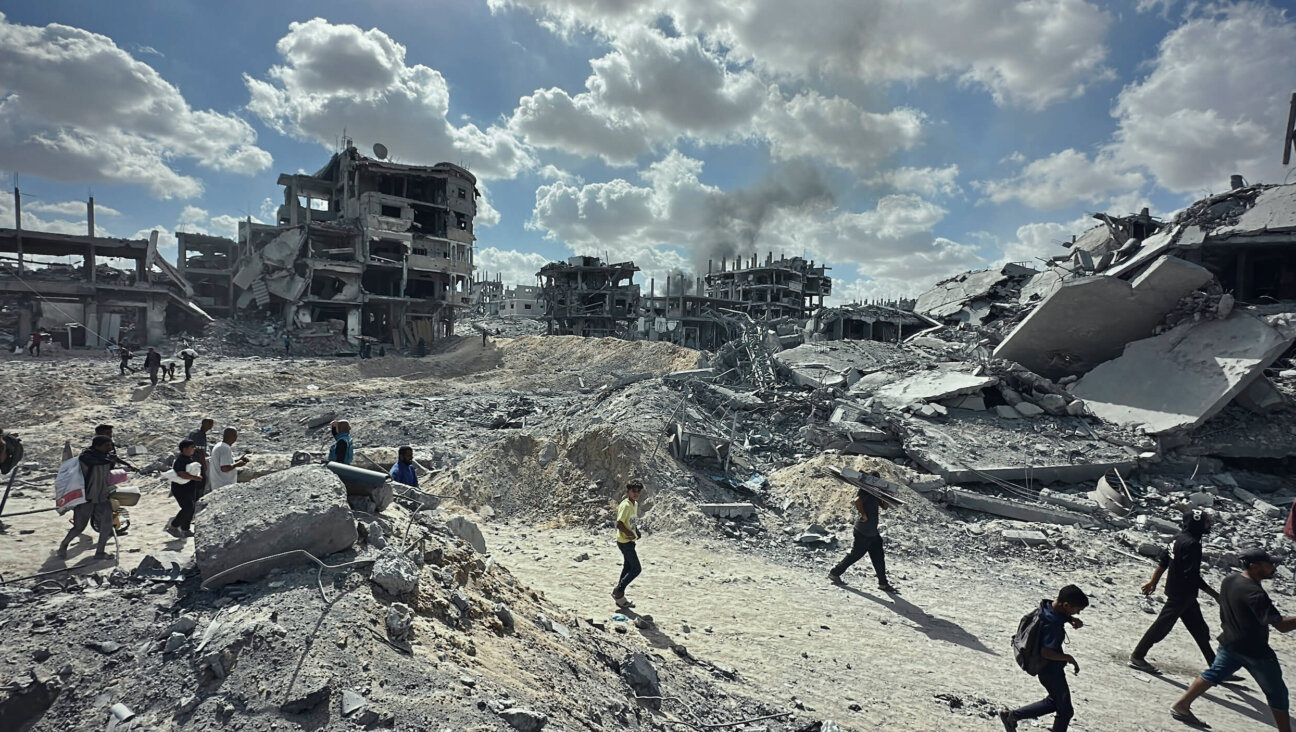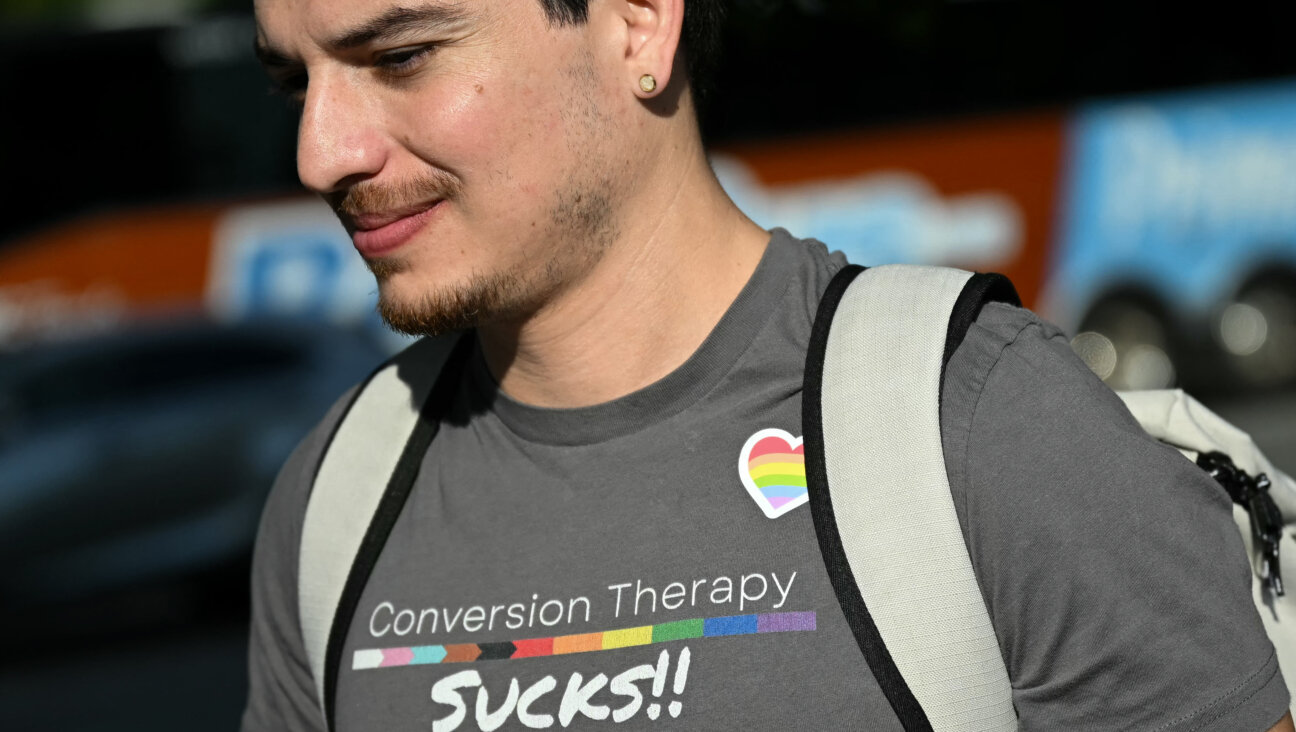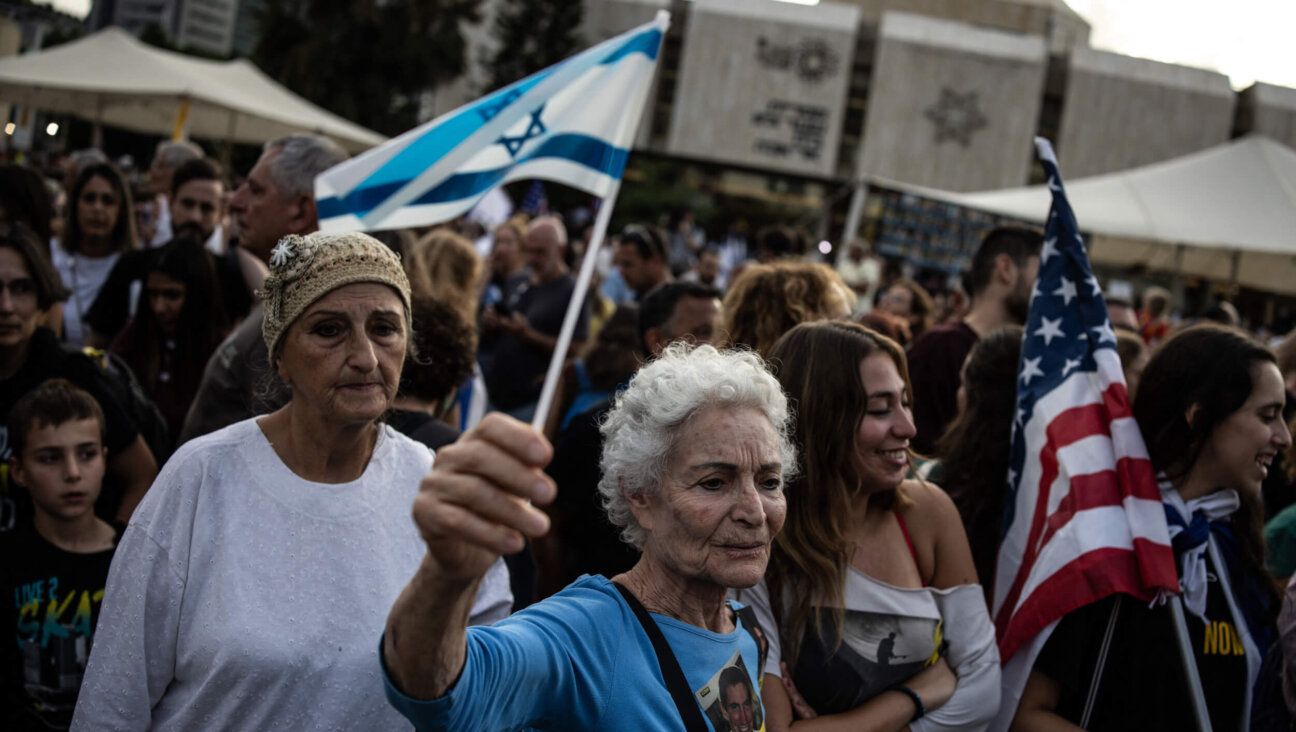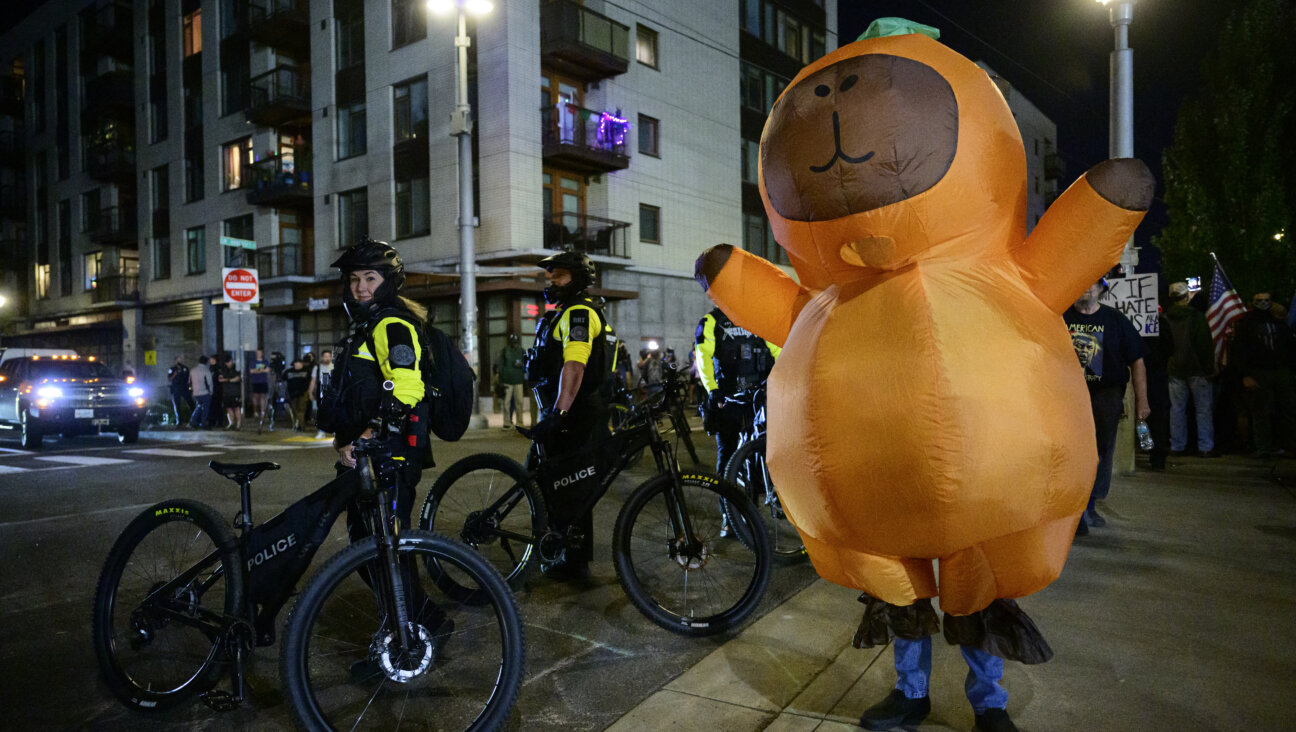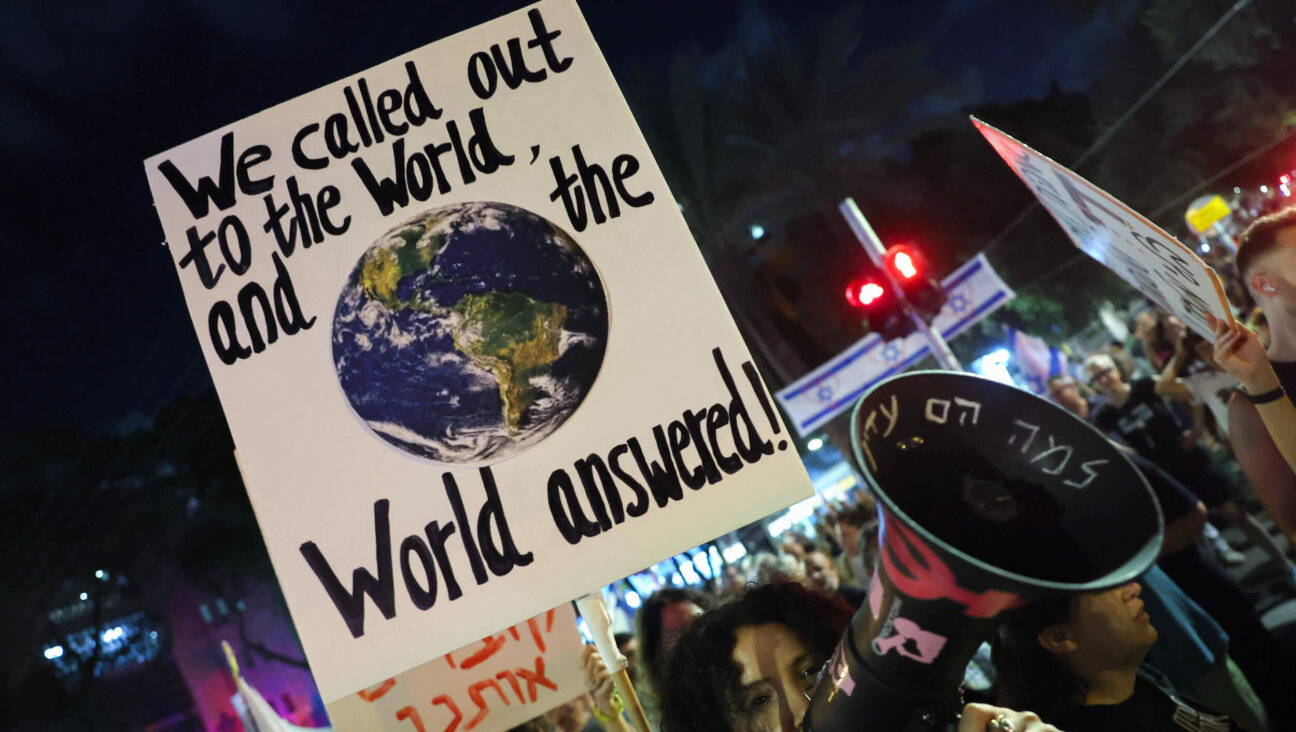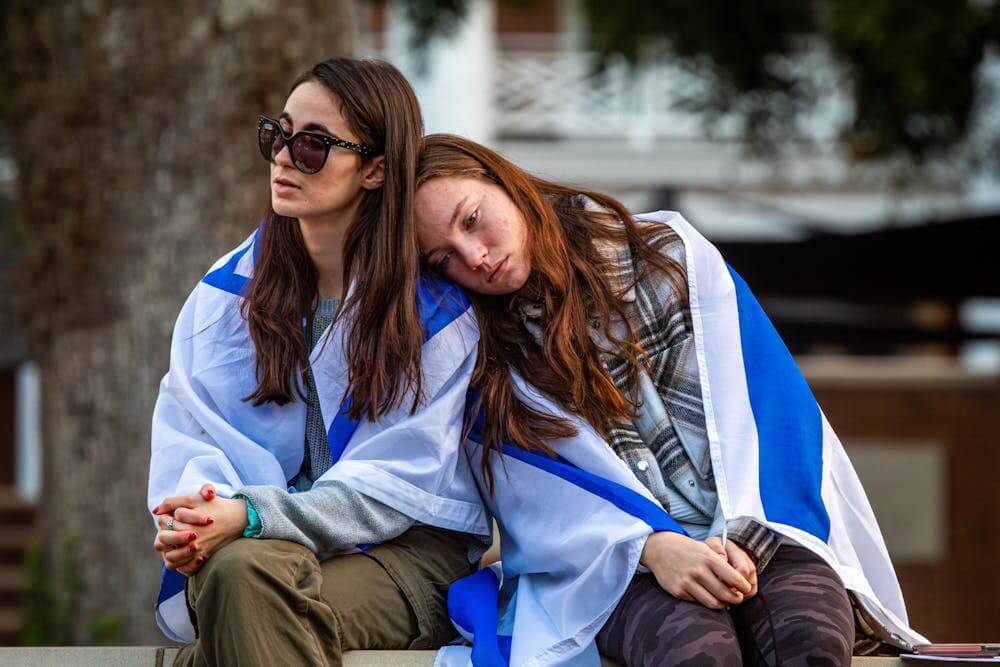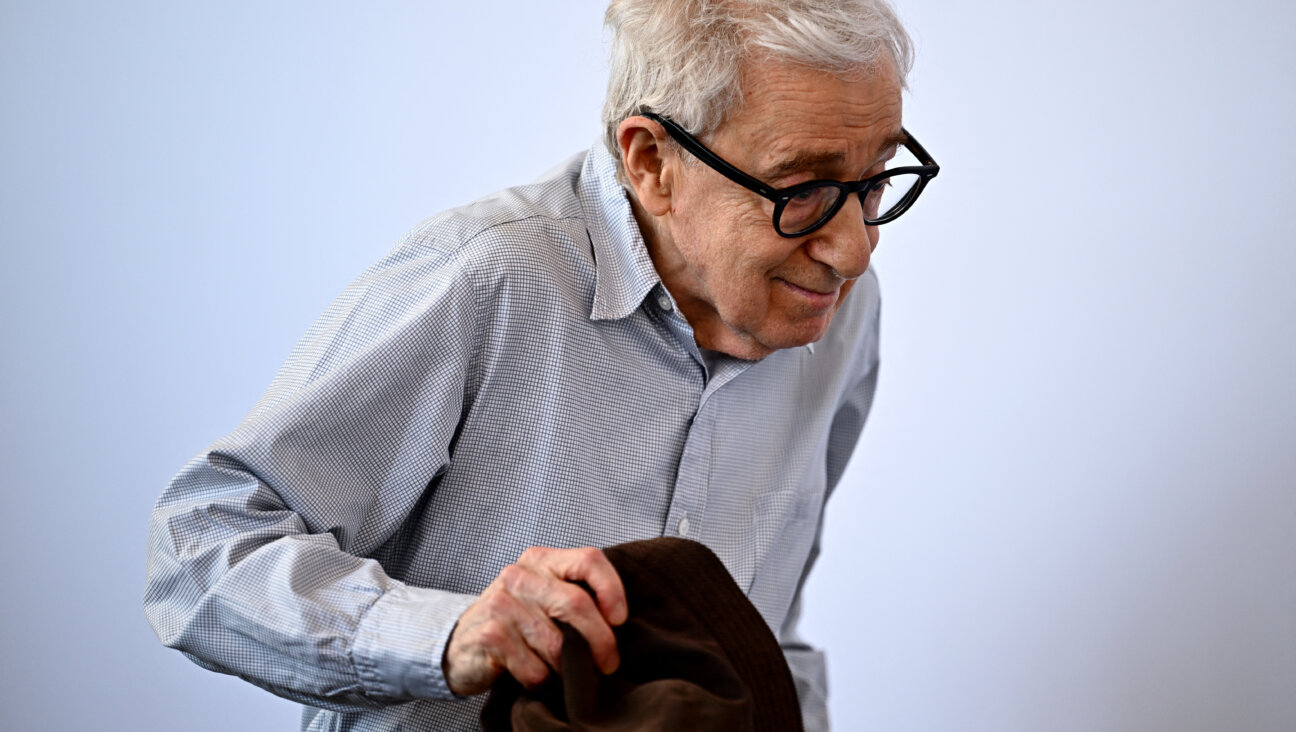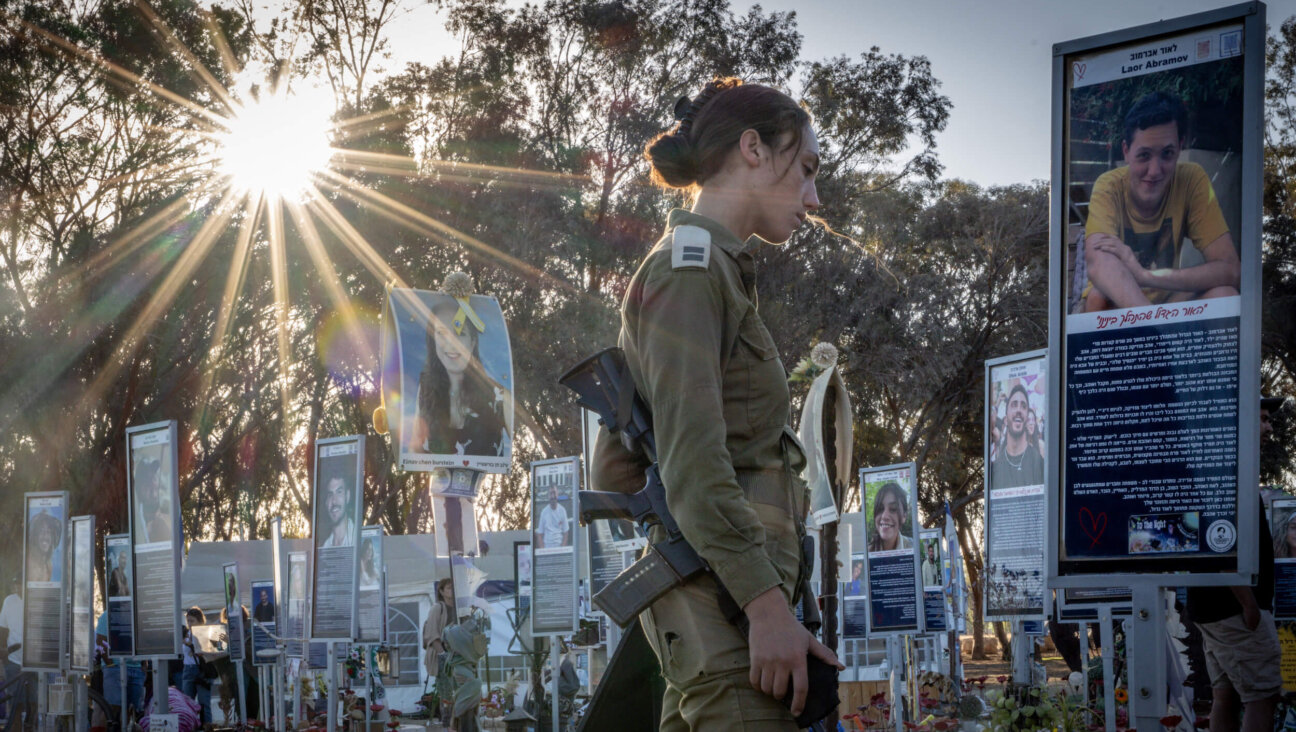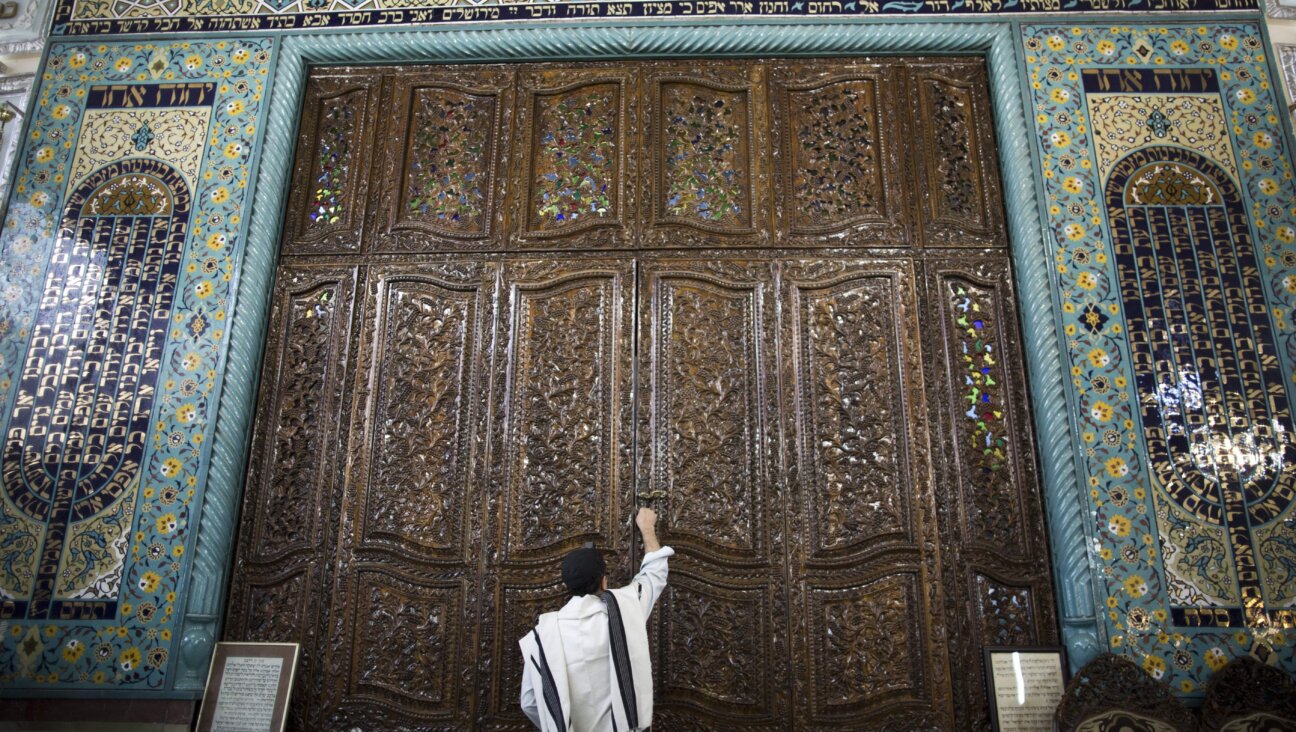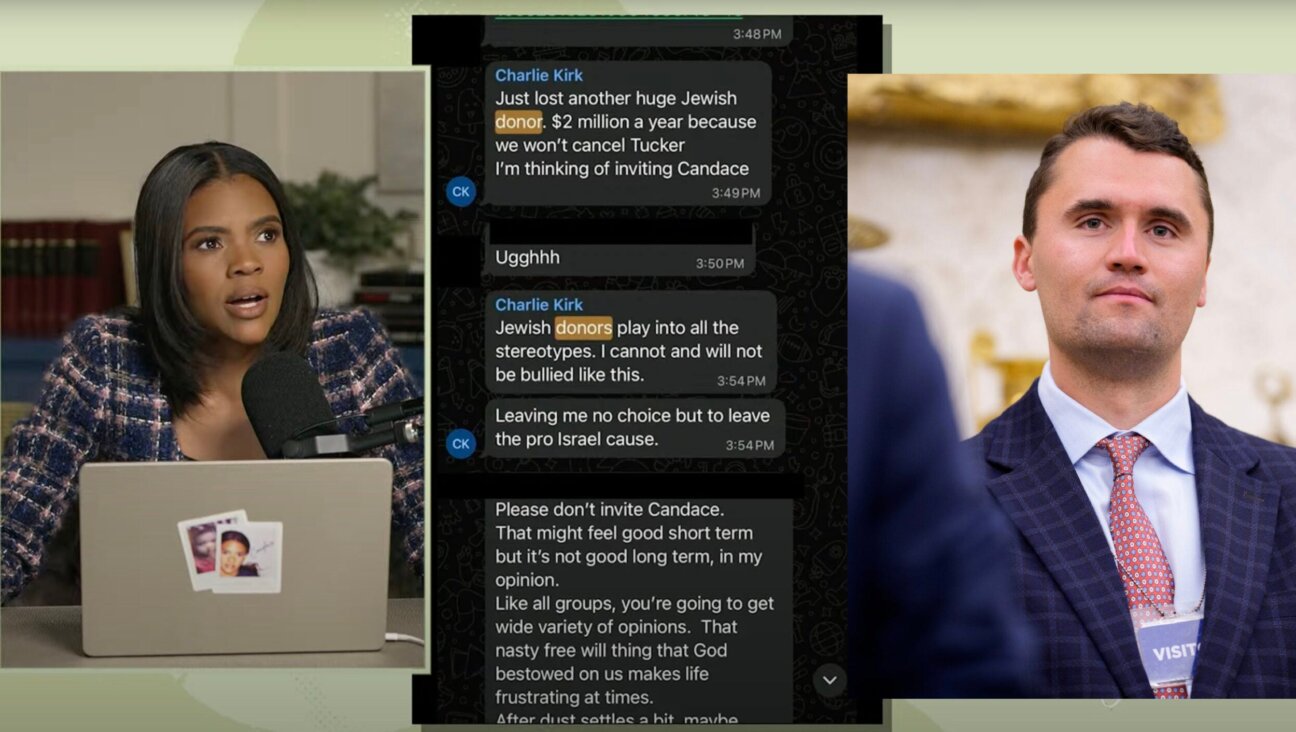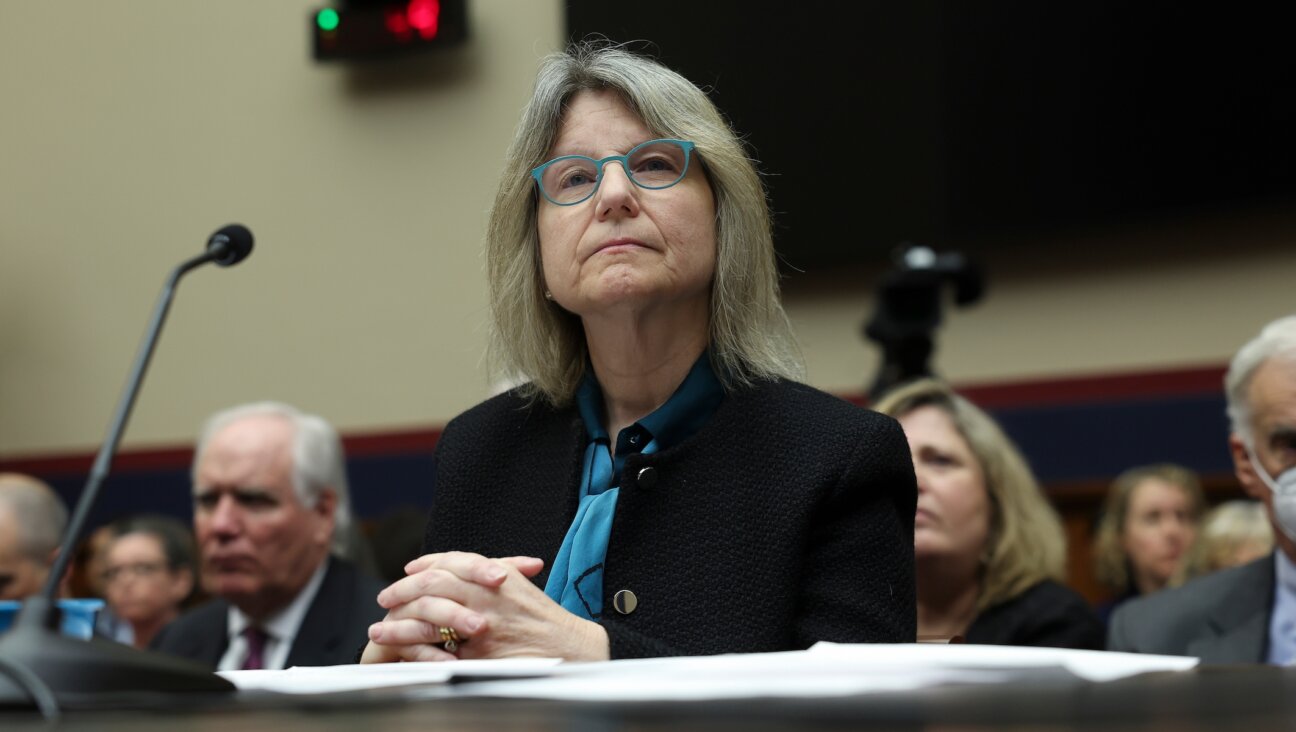Include Me Out of This Jewish Community

All In the Family: The Jewish community has largely embraced the new strides made in gay rights. Image by Getty Images
Sign up for Forwarding the News, our essential morning briefing with trusted, nonpartisan news and analysis, curated by senior writer Benyamin Cohen.
Let me start with gratitude. As a gay Jewish man, I am profoundly humbled by the strides the Jewish community has taken over the last several years. Among almost all denominations, in all geographical areas, Jewish institutions have become more inclusive of LGBT people, and, I think, have been enriched as a result.
But “inclusion” has also become a cul-de-sac. I wonder if it was the right thing to be fighting for in the past — and I’m pretty sure it isn’t now.
Large federations and Jewish organizations — the ones with familiar acronyms — now have “inclusion” initiatives within them. In part, these are motivated by the sincere desire to make Jewish spaces “houses for all people.” In part, though, they are motivated by the prospect of gay dollars swelling federation and organizational coffers.
There’s nothing wrong with that, of course; both my partner and I have long worked for not-for-profits. Development is part of the job. And if there’s a hitherto-overlooked demographic to tap, then by all means, development teams should stop overlooking.
But this kind of inclusion is really rather limited — and limiting. Here’s who doesn’t get included: Jews who support BDS (or perhaps even J Street); people with multiple religious traditions; Jews with strong critiques of the 1%-fueled, $30 billion Jewish establishment, especially the federation system; Jews with more radical critiques of Jewish culture or tradition; Jews who don’t “pass” as middle or upper class; queer Jews who don’t pass as “normal” because of their gender presentation, or tattoos, or clothing.
Once again, none of this is LGBT-specific, necessarily; all communities have standards, explicit and implicit, for belonging. Only, my own queer identity has something to do with solidarity with those who are marginalized, Other, different, weird — not just people who happen to be gay. And because it does, I’m unlikely to be interested in a community that constitutes itself in part by adherence to conventional, often conservative, norms of how to live and what to think.
It’s not that I’m hurt, offended, excluded, or otherwise made sad by the institution that doesn’t let me in. It’s that I’m bored by it.
To be sure, I’m very glad that these institutions are now open to people who want to be part of them, regardless of sexual orientation. Just like Jews can now get into the right golf clubs, gay Jews can now get into the right cocktail parties — as long as they have the cash, privilege, and willingness to pass as bourgeois or better. Good for all of us.
And I’m glad, I guess, that the “A Gays” who are part of various “leadership development” initiatives are being initiated. I’m glad their mainstream ideas are being nurtured. And I’m glad they can bring their entire mainstream, mostly male, almost entirely white, almost entirely cisgender selves to their Jewish work. I do mean that sincerely — many of these people are my friends.
But there’s something desultory about these plans and programs. Sure, some gay people are now sitting at the table, but the table is increasingly being monopolized by ever more conservative donors with ever narrower ideas about who’s supposed to sit at them. J Street, for heaven’s sake? We’re arguing about the legitimacy of J Street?
Those kind of long, narrow tables — with white male billionaires at the heads of them — are just not the furniture of a liberated community, no matter how many designers from “Queer Eye for the Straight Guy” helped with the layout. For a queer person who takes “queer” seriously — queer as in different, challenging, questioning — the mainstream is institutional, but it’s certainly not inspirational. Include me out.
Is “gay” even the issue here? Why are we asking for gay people to be included in Orthodox spaces still dominated entirely by men? Why are we sending gay people on trips to Israel while American Jewish donors slowly strangle Israel in a thicket of extreme-nationalist settlements? Do we really believe that by integrating rich gay men into institutions dominated by rich straight men, that we will somehow transform those institutions?
Who’s playing whom, here? Are LGBT people being included, or just co-opted?
By now, it should be clear that I am in no way asking for yet another well-meaning gesture to make this or that institution more inclusive. While there is plenty of that work still to do (especially in Orthodox communities), I’m talking about something else.
There is a Judaism that I practice that is fun, celebratory, heartful, spiritual, transformative, communal, sustainable, visceral, political, multi-generational, sex-positive, pluralistic, Israel/Palestine pluralistic, accessible, diverse and admittedly somewhat boutique in nature. I love it, and I love being a rabbi of it, and I think my queer identity is inextricably intertwined with it. It just has nothing to do with the large institutions that have so graciously attempted to welcome me.
Jay Michaelson is a contributing editor to the Forward.

